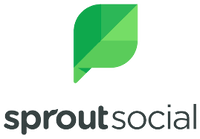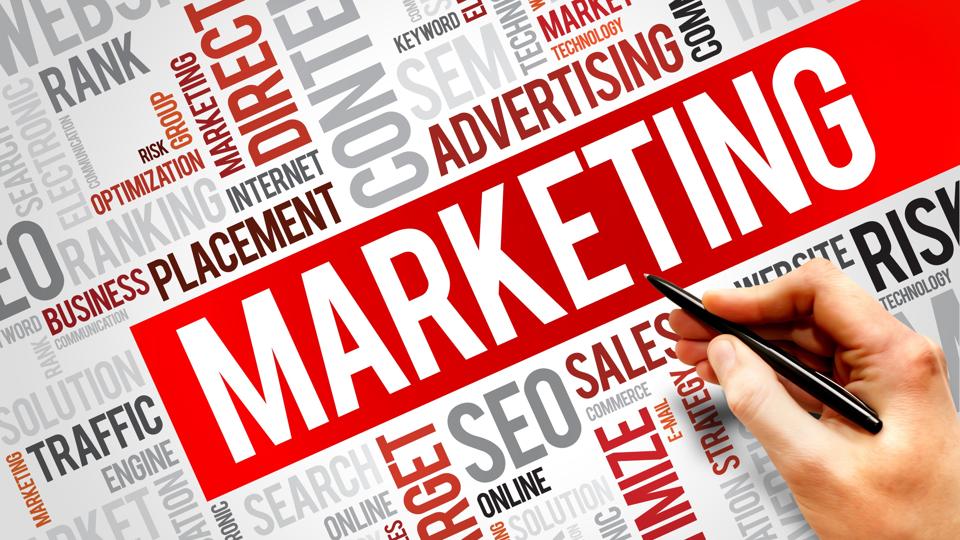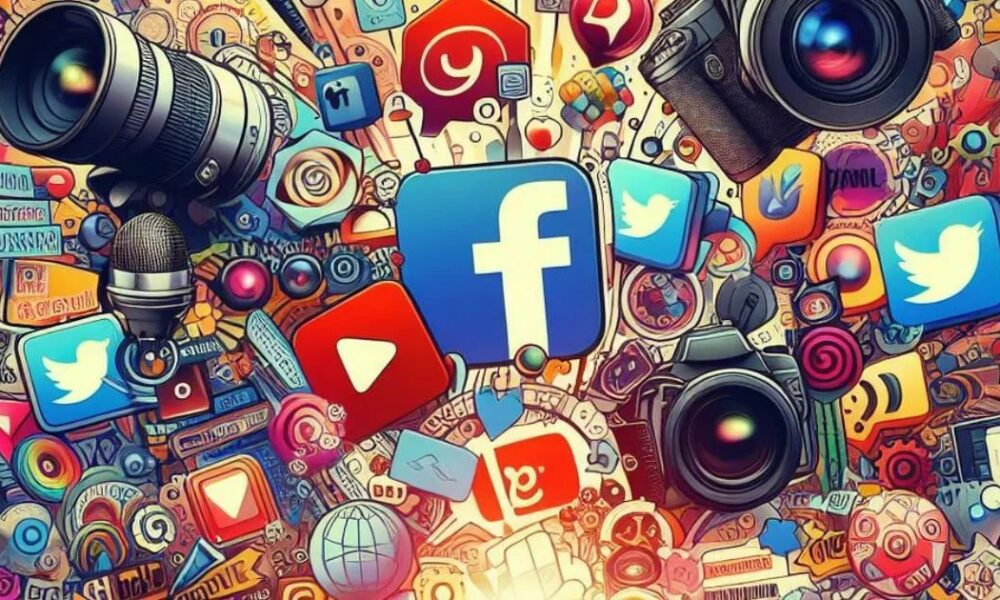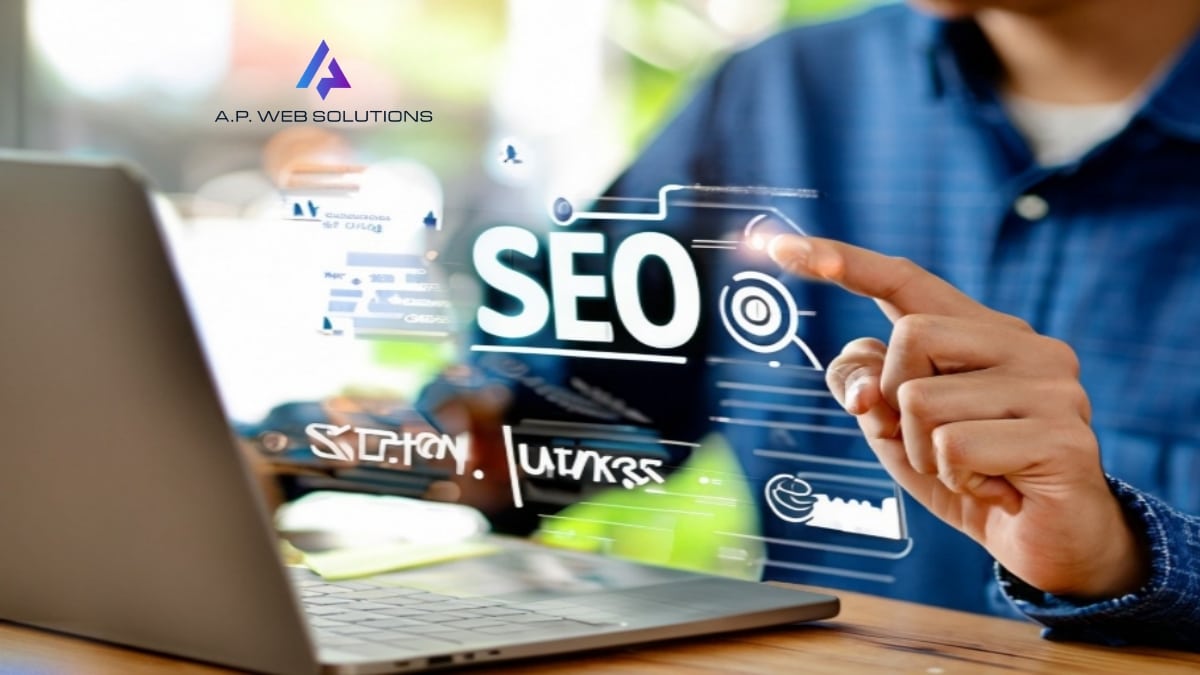There are several ways to crack a nut and the same can be said for marketing. Businesses that are successful in marketing combine classic strategies, such as event promotions, paid ads and direct mail with modern approaches, such as content marketing, social media engagement and email outreach. Here are seven proven strategies that you can incorporate into your business’s marketing plan today.
1. Email Marketing
Email marketing helps businesses to communicate directly to consumers right in their inboxes. The method is both cost-effective and highly personalized. Businesses can segment their email list to tailor messages to specific segments of their audience. Through these targeted emails, small businesses can promote products, share news and build a community. Email marketing platforms also allow marketers to track and analyze the success of each email, which offers insights into your audience’s preferences.
2. Social Media Marketing
Social media marketing allows businesses to showcase their personality, share stories and connect with customers in real time. The vast reach of social media platforms means even the smallest business can amplify its voice, reaching new audiences and building a community around its brand. It is an ideal cost-effective strategy for small businesses looking to expand their presence.
3. Influencer Partnerships
Influencer partnerships are an effective means to amplify a brand’s reach and credibility. Industry influencers have a built-in audience and established authority that can be leveraged to open your brand up to new audiences. Sponsored posts, collaborative events and social media takeovers are the most popular partnership strategies.
4. Content Marketing
Content marketing is the creation of relevant, valuable content to attract, engage and retain a specific audience. Texts, images and videos can all be used to increase brand awareness, establish expertise in a specific area, foster strong connections with an audience and drive sales.
5. Podcasting
Podcasting is a new marketing tool that lets small businesses talk directly to their target audience. Brands can delve into industry-specific topics to showcase their knowledge and establish their authority. Podcasts can help nurture customer relationships by creating a personal connection with listeners. When done properly this in turn can help supplement a brand’s content strategy by driving increased website visits, lead generation and conversions.
6. Gamification
Gamification is a marketing strategy that mixes the engagement of gaming elements with traditional marketing campaigns. This can be done by using contests, challenges and reward systems to spark customer participation. This approach can range from loyalty programs that reward regular interaction with a brand to educational games that both inform and entertain. The inclusion of gamified elements, such as scavenger hunts or interactive quizzes can enhance user engagement in virtual events.
7. Artificial Intelligence (AI) Personalization
AI is not just a fleeting trend. It is poised to become an increasingly advantageous marketing tool in the years ahead. AI collects user data on behaviors, preferences and interactions, then uses that data to personalize marketing campaigns. Companies can use AI-driven personalization across email campaigns, social media, website design and more to increase user engagement, boost conversions and foster customer loyalty.
8. Traditional Marketing
Traditional marketing encompasses a range of tactics including print advertisements, television commercials, radio commercials, direct mail and billboards. This form of marketing is known for its nontargeted reach. Despite the rise of digital channels, traditional marketing still holds significant value, especially in reaching local audiences.
9. Paid Ads
Businesses that use paid ads can cut through the noise and ensure that their message gets in front of the right eyes. These ads can be used across multiple channels, such as search engines, social media and traditional media, to offer a straightforward way to connect with a targeted audience. With tangible metrics—impressions, clicks, conversion rates and return on ad spend—marketers can monitor campaign performance closely and make adjustments as needed to optimize results.
Featured Partners
Pricing starting from
Standard $199/seat/month; Professional $299/seat/month; Advanced $399/seat/month *pricing is based on annual subscriptions
Free Option
30 day free trial (all plans)
Supported Platforms
Facebook, Instagram, Twitter, LinkedIn, Youtube, TikTok, Pinterest, Reddit, Tumblr, Yelp!, Glassdoor, Trip Advisor, Google My Business, and more

Pricing starting from
Professional $99/month; Team $249/month *pricing based on annual subscriptions
Free Option
30 day free trial (all plans)
Supported Platforms
Facebook, Instagram, Twitter, LinkedIn, YouTube, TikTok, Pinterest, Threads (beta), Google Business Profile and more




